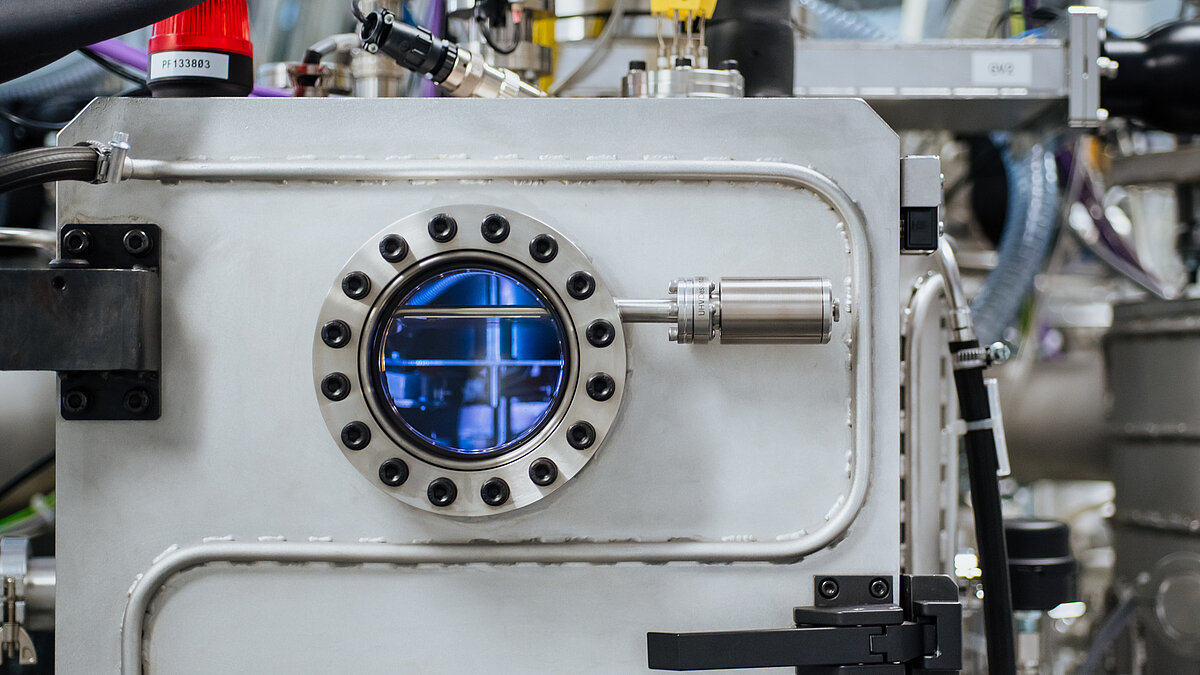
Responding to the Covid-19 pandemic caused by the SARS-CoV-2 virus, on April 30, 2020, the government of Latvia approved the proposal of the Ministry of Education and Science of the Republic of Latvia to allocate five million euros from state budget program "Funds for Unforeseen Events” to National Research Program (NRP) “Mitigation of Covid-19 effects”.
The total of 10 projects were approved in this NRP and the ISSP UL participates in implementation of 2 of them. The first of the projects is "Integration of safe technologies for protection against Covid-19 in healthcare and high risk areas", which is implemented together with Riga Technical University, Rezekne Academy of Technology, University of Latvia, Institute of Electronics and Computer Science, Latvian Institute of Organic Synthesis, Latvian Biomedical Research and Study center, Riga Stradinš University and Latvian State Institute of Wood Chemistry. The total project funding is 497,580 euros.
The overall goal of the project is to provide medical institutions with up-to-date information and technologies that would help reduce the risks of infection and reduce the workload of medical staff. Within the framework of the project, the ISSP UL carries out the fabrication of new antimicrobial coatings and research of physical properties.
Viruses and bacteria can be killed with hypochlorite, peroxide or bleach solutions, or even soap and household cleaners. However, such methods are either difficult to apply, time-consuming and, most importantly, inefficient and short-lived. Another strategy is to cover surfaces with materials that either prevent pathogens from adhering or kill them in contact. Such surfaces are commonly referred to as antibacterial surfaces, but most of them are also active against viruses and other pathogens. Today, however, the introduction of such protective antibacterial coatings is limited. The reasons for this are cost, questions about their long-term effectiveness and the fact that these products are relatively new and not widely known to users. Antibacterial surfaces comprise a large group of materials and each has one or more of the following characteristics: they prevent bacteria from adhering to the surface, inhibit biofilm formation, destroy pathogens, release antibacterial agents embedded in the material, and textured surfaces that kill bacterial cells in contact with it.
The study involves multidisciplinary groups of scientists whose areas of expertise are the research of antibacterial catalytic material synthesis (RTU Research Laboratory of Functional Materials and Technologies), deposition (ISSP UL), as well as organic chemistry (OSI, UL). Within the framework of the project ISSP UL is investigating the impact of various coatings of metal oxides on viruses and bacteria, as well as the possibilities of improving the chemical and mechanical resistance of these coatings. Coatings are applied on various surfaces - on PET film, glass and textiles. The thickness of the coatings ranges from 10 to 300 nanometers. Copper and metal oxide based coatings have the potential to provide an antimicrobial effect on surfaces for a wide range of biomedical applications. Experiments with antibacterial activity performed with various microorganisms clearly show the effectiveness of thin films against bacterial growth. An increase in antimicrobial activity is observed by combining the action of copper and tungsten oxide on bacteria.
Magnetron sputtering technology is used to obtain coatings. Magnetron sputtering has been chosen as the application method because it can be scaled to substrates in large areas along with high application rates, which is very important for large-scale production. Variation of process parameters provides an opportunity to obtain coatings with different physio-chemical properties, in different proportions of substances. The visible light transmission of the manufactured coatings makes it possible to use them in protective screens, safety glasses and possibly also in other contact surfaces.
The Ministry of Education and Science and the Ministry of Health of Latvia developed the National Research Program “Mitigation of Covid-19 effects” in cooperation with the strategic management board, with the participation of representatives from the Ministry of Defence, Ministry of Economics, Ministry of Welfare as well as the Ministry of Environmental Protection and Regional Development of Latvia and State Chancellery, Latvian Academy of Sciences, Association of Latvian Young Scientists, Employers' Confederation of Latvia and European Bioinformatics Institute (EBI).